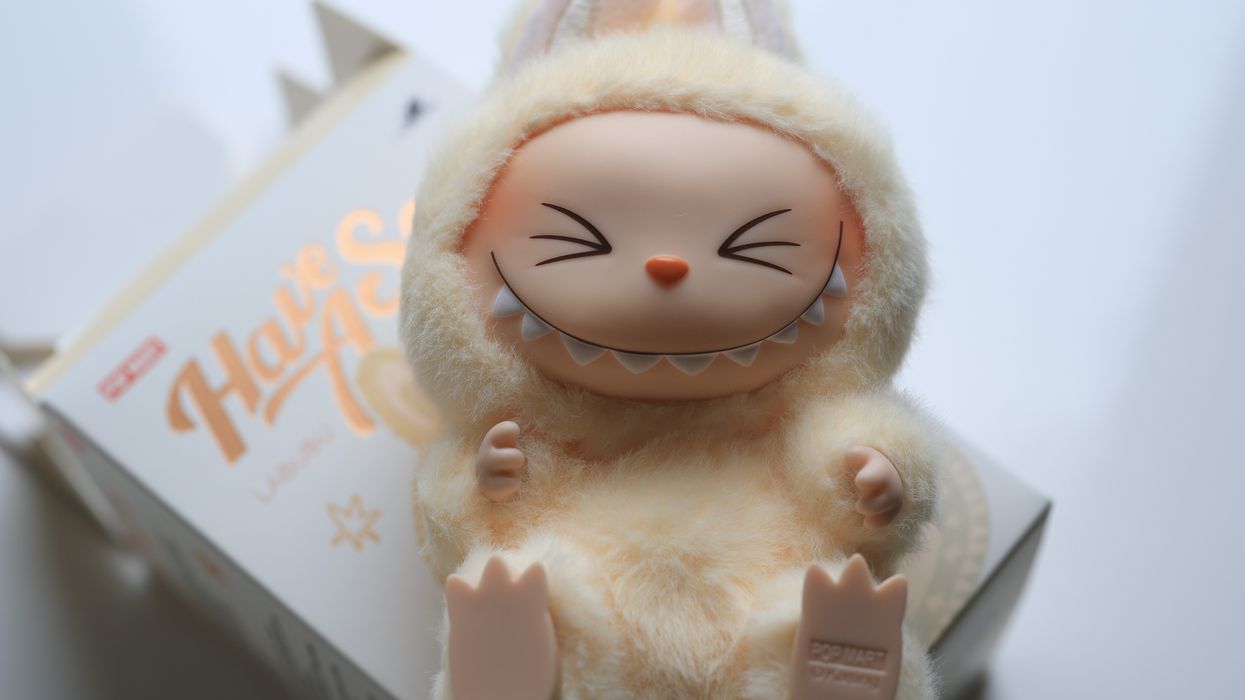Highlights
- Counterfeit Labubu dolls account for most seized fake toys worth £3.5m
- Three-quarters failed safety tests, including toxic chemicals and choking hazards
- Authorities warn parents ahead of Christmas shopping rush
Counterfeit crisis at UK border
Authorities have revealed that fake Labubu dolls make up 90% of the £3.5 million worth of counterfeit toys intercepted at the UK border this year. Out of 259,000 counterfeit items seized, around 236,000 were fake versions of the popular monster character created by Hong Kong-born artist Kasing Lung.
The Intellectual Property Office (IPO) warned that three-quarters of the seized toys failed critical safety tests, with some containing banned chemicals linked to cancer and others posing choking risks.
The rise of fake Labubus
Labubu, originally marketed as an adult collectable through a collaboration with Pop Mart, has become hugely popular with children, increasing demand ahead of the festive season. Criminal networks have taken advantage of this demand, flooding the UK market with unsafe counterfeits often sold at cheaper prices online.
Helen Barnham, the IPO’s deputy director of enforcement, said:
“With counterfeit toys, what you see is rarely what you get. Behind the packaging can be hidden choking hazards, toxic chemicals and faulty parts that put children in real danger. These products have bypassed every safety check the law requires.”
Parents urged to prioritise safety over price
A poll commissioned by the IPO showed that while 92% of UK toy buyers know counterfeit products are on sale, most still prioritise cost. Seven in ten shoppers said price was the main factor in their purchase decisions, while only 27% considered safety.
The IPO has launched its Fake Toys, Real Harms campaign, working with toy retailers, local authorities and social media influencers to raise awareness ahead of Christmas.
How to spot a fake Labubu
Consumers are being urged to check toys carefully before buying:
- Genuine Labubu dolls always have nine pointy teeth – anything different indicates a fake
- Watch for spelling mistakes on labels or packaging
- Check toys carry a UKCA or CE safety mark and a UK or EU contact address
- Be cautious with third-party sellers on online marketplaces and read reviews closely
Authorities also advise returning counterfeit toys immediately, leaving reviews to warn others, and reporting cases to Trading Standards.
Warning ahead of festive shopping season
With Christmas approaching, officials are concerned that unsuspecting parents could buy unsafe counterfeits as gifts. Barnham added:
“Our campaign aims to raise awareness of the hidden harms associated with counterfeits. Child safety must come first, so we are urging parents – please don’t let your child be the tester.”





